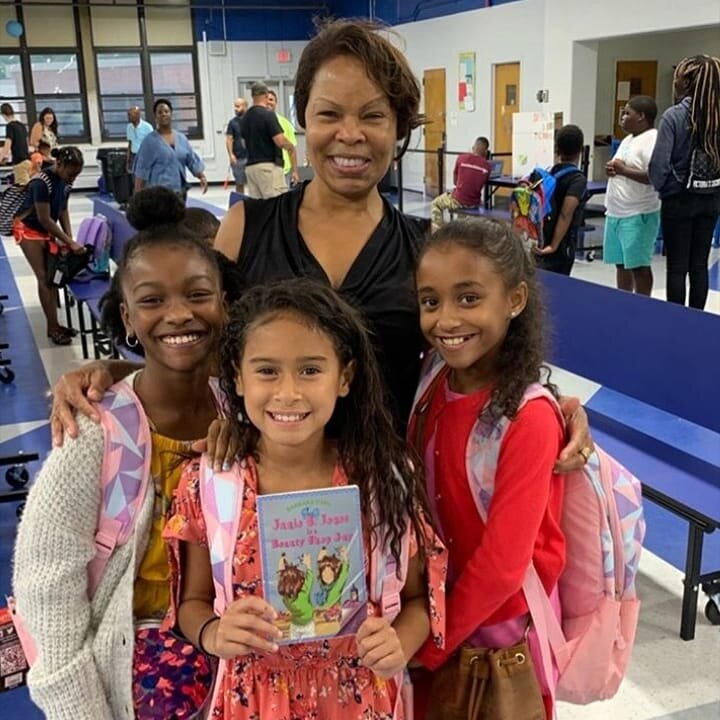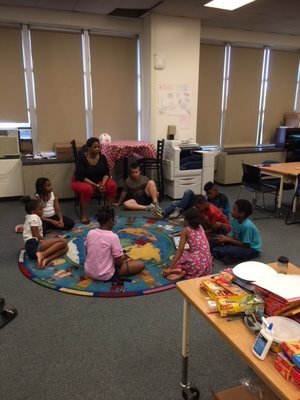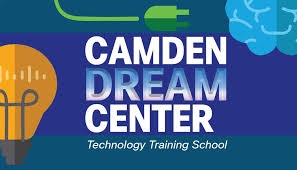Innovative Literacy Lab (Lit Lab)
Summer 2018 - Present
Introduction
The intent is to address the reading literacy challenge in the underserved communities of South Jersey's 7 counties (Atlantic, Burlington, Camden, Cape May, Cumberland, Gloucester, and Salem).
The approach is to leverage the collaboration between the Camden Dream Center and Educational Testing Service (ETS®) - in using their Relay Reader app to help in eradicating the reading literacy problem. The targeted population is K-8 in the underserved communities (a.k.a. urban and rural) of Jersey's 7 southern counties.
The initiative will be delivered as a stand-alone program during the summer, during the school year afterschool program, or in combination with other programs (e.g., a Summer Enrichment Program, or an after-school program).
Challenges
Lower the school dropout rate
Improves post-secondary education experience
Create quality academic enrichment for under-served communities in South Jersey
Summary & Methods
Educational Testing Service (ETS®), a leading assessment and educational research organization developed the innovative Relay Reader, a computer application designed to support children in transitioning from word-by-word reading to reading fluency. Children (G3-G8) take turns listening to, then reading aloud interesting storybooks. Reading in this manner across multiple sessions gives children the opportunity to access longer books, hopefully building both their motivation and stamina for extended reading over time. The concept of listening, reading, aloud together provides a fun and enjoyable listening experience. The analytics of data collected during this reading engagement allows for monitoring of literacy progress, and how to effectively and efficiently support each student in improving their reading literacy.
Solution & Metrics
95% of the participants were able to maintain or performed above grade level.
Over 160 K-8 students participated in the Innovative Lit Lab program during the last three summers.
About 25% of the participants are returning scholars over the last three summers.


